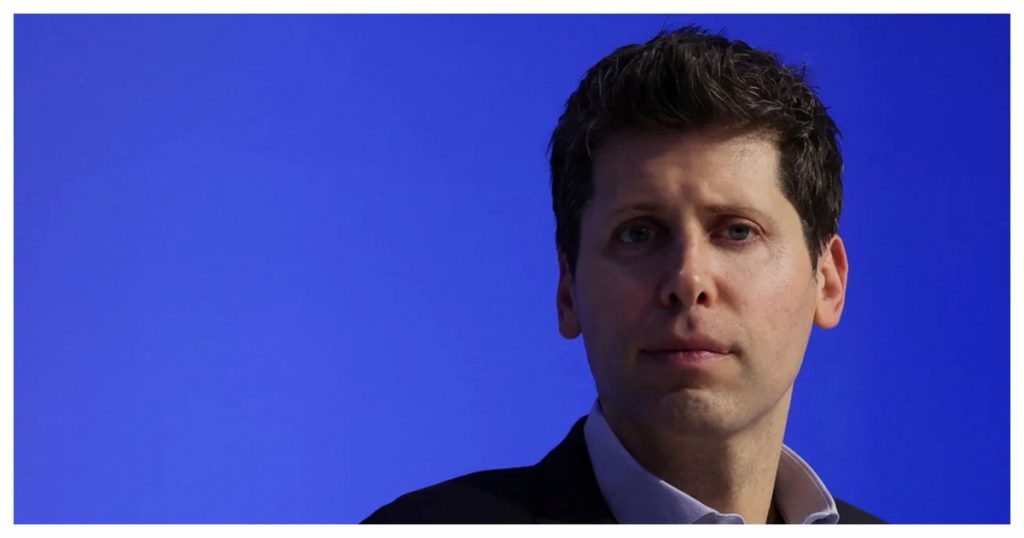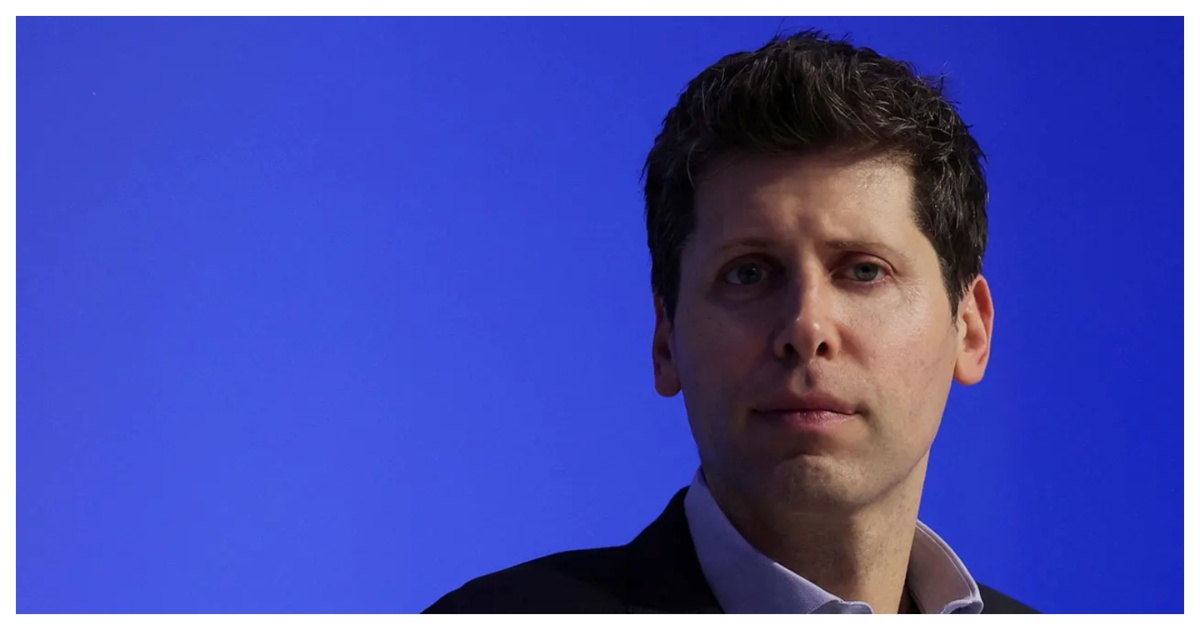The AI gold rush is well and truly on, and the figures that the top AI researchers are getting paid can boggle the mind.
In a candid conversation, OpenAI CEO Sam Altman has pulled back the curtain on the fierce and escalating war for top-tier AI talent, revealing that tech giant Meta has been dangling signing bonuses as high as $100 million in an aggressive bid to lure away his company’s leading researchers. The remarks, made on the “Uncapped” podcast, paint a vivid picture of the high-stakes battle for the minds that are building the future of artificial intelligence.

“I’ve heard that Meta thinks of us as their biggest competitor,” Altman stated. “Their current AI efforts have not worked as well as they’ve hoped, and I respect like being aggressive and continuing to try new things. And again, given that I think this is like rational, I expect that if this one doesn’t work out, they’ll keep trying new ones after that.”
He drew a parallel to the early days of Facebook, recalling a talk by Mark Zuckerberg about the company’s approach to competition. “I remember once hearing Zuck talk about how in the early days of Facebook, it was rational for Google to try social, even though it was clear to people at Facebook that that was not gonna work. And I feel a little bit similar here,” Altman explained, suggesting a hint of skepticism about Meta’s current AI direction.
The OpenAI chief then laid bare the scale of Meta’s poaching attempts. “They started making these giant offers to a lot of people on our team. Like a hundred million dollars signing bonuses, more than that comp per year. This is crazy,” he revealed.
Despite the eye-watering sums, Altman expressed confidence in his team’s loyalty, attributing it to a belief in OpenAI’s mission and its potential to be the frontrunner in the race to develop artificial general intelligence (AGI). “I’m really happy that at least so far, none of our best people have decided to take them up on that. I think that people sort of look at the two paths and say, ‘Alright, OpenAI’s got a really good shot. A much better shot at actually delivering on super intelligence and also may eventually be the more valuable company.'”
Altman contrasted Meta’s approach with OpenAI’s culture, which he believes prioritizes the long-term vision over immediate financial gratification. “I think the strategy of a ton of upfront guaranteed comp and that being the reason you tell someone to join… I don’t think that’s gonna set up a great culture,” he opined. “I hope that we can be the best place in the world to do this kind of research. I think we built a really special culture for it. And I think that we’re set up such that if we succeed at that… then everybody will do great financially. And… it’s incentive aligned with… Mission first and then economic awards and everything else flowing from that.”
In a final, pointed remark on the cultural differences between the two companies, Altman asserted, “There’s many things I respect about Meta as a company, but I don’t think they’re a company that’s great at innovation, and I think the special thing about OpenAI is we’ve managed to build a culture that is good at repeatable innovation. And I think we understand a lot of things that they don’t about what it takes to succeed at that.”
That’s several potshots that Altman has taken at Meta, but it’s par for the course for the AI race where the stakes are so high. The “talent war” is not merely about securing the brightest minds; it’s a clash of philosophies. On one hand, there is the raw financial power of established tech giants like Meta, who are willing to spend unprecedented sums to catch up and compete. A prime example of this is Meta’s recent multi-billion dollar investment in the data-labeling startup Scale AI and the hiring of its CEO, Alexandr Wang, to spearhead a new “superintelligence” unit. This move signals a clear intent to acquire both technology and top-tier leadership. On the other hand, organizations like OpenAI are betting that a shared sense of purpose and the promise of groundbreaking work will be more potent than an immediate colossal paycheck. The recent trend of talent movement across the industry, with researchers and executives moving between major labs and startups, underscores the fluid and highly competitive nature of this field. The ultimate victor in this war for talent will likely not just be the company with the deepest pockets, but the one that can offer the most compelling vision for the future of intelligence itself.
